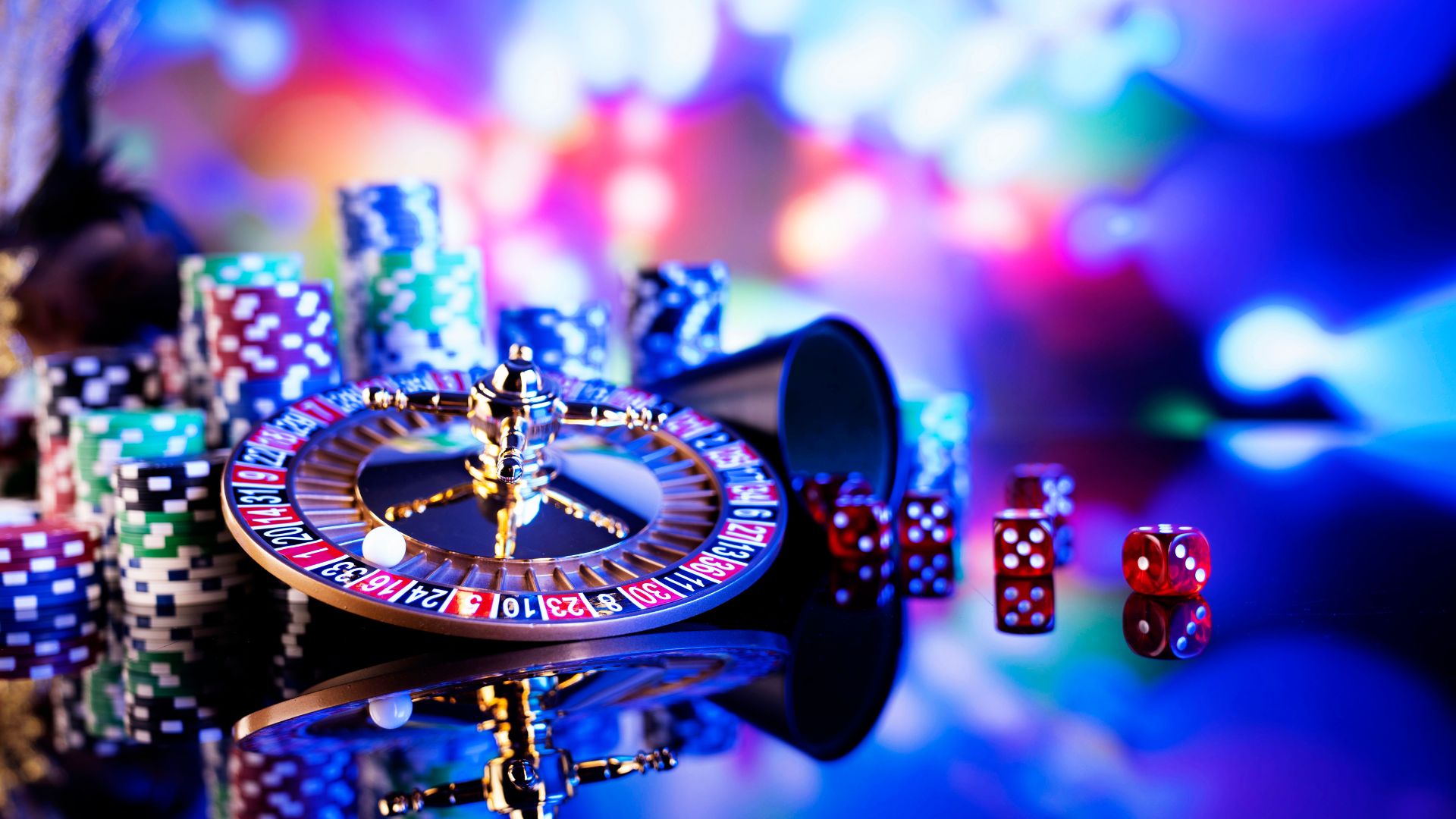
Casino entertainment have long been an integral part of human culture, providing not just entertainment but a captivating reflection of our aspirations, dreams, and anxieties. From the turning reels of a slot machine to the strategic gameplay of poker, these games represent a variety of human emotions and experiences. At their core, casino games are not just a chance to make profits; they are a reflection of life itself, where danger and gain converge and fate can change in an eye blink.
As players gather around tables or sit in front of brightly lit machines, they take part in a tradition that transcends mere gambling. These games echo our natural desires for social interaction, adventure, and the search for fortune. They also reveal deeper truths about human psychology, such as our relationship with chance and the excitement of risk. In exploring casino games, we discover not only the mechanics of play but also the rich tapestry of the human story, showcasing our intertwining narratives of aspiration and reality.
The Mind Behind Gambling
Wagering is intrinsically connected in the psyche of individuals, appealing to various emotions and wants. The thrill of risk-taking is a core aspect that attracts participants, be it the thrill of spinning a roulette or the excitement of drawing a winning card in poker. This rush of adrenaline is often compared to other forms of excitement, as the unpredictability of outcomes elicits a unique psychological response. Gamblers often become entranced by the chance of striking it rich, leading to an irresistible draw toward gambling games.
Another, an essential component of the psychology behind gambling is the concept of hope and aspiration. Players often indulge in dreams of financial freedom and the opulent lifestyle that can accompany winning. This hope fuels their ongoing participation in casino games, as it provides a sense of meaning and the conviction that a life-changing win could be just one wager away. The story of beating the odds and finding success resonates with many, strengthening their dedication to play and involve themselves with these games.
Finally, social aspects play a crucial role in gambling psychology. Gambling venues are designed to promote social interaction, where players gather to share the experience of wins and losses. This communal aspect not only amplifies enjoyment but also affects behavior, as individuals often imitate the actions of others around them. The collective approval found in shared excitement can enhance the emotional experience, making casino games a mirror of not just personal desires but also shared involvement within the gambling community.
### Risk and Reward: A Double-Edged Sword
Casino games embody the delicate balance between risk and gain that resonates deeply with human nature. The excitement of placing a bet is often accompanied by a jolt of energy, as players are confronted with the chance of winning big, yet fully aware of the risk to lose. https://73bet-game.com.br/73bet-e-confiavel/ This bipartisan experience reflects a essential aspect of life: the decisions we face often come with built-in risks, and the quest for benefit can compel us to take chances we might not typically consider. In this way, gambling activities reflect real-world choices, enticing gamblers to risk not just their capital, but also their dreams.
The allure of grand jackpots and payouts fuels a wave of hope, encouraging players to dream of a more promising future that could emerge from a fortunate turn of the wheel or flip of a card. This optimism can drive individuals to engage in more daring actions, encouraging them to take greater risks in search of financial gain. However, just as in life, the outcomes of these decisions can lead to both triumph and failure. The narratives of both big winners and those who have faced losses everything at the casino demonstrate the random nature of chance and its significant effect on our futures.
Ultimately, the interaction of engaging with casino games serves as a strong reminder of the human condition. Every game played is filled with the tension of ambiguity, as gamblers weigh the gains against the dangers. This interaction not only highlights the excitement that comes with gambling but also unveils the vulnerabilities that come with the desire for more. As we journey through the challenges of decision-making and consequence in both the gambling world and in life, we find that the search for benefit shapes our sense of self and lives in profound ways.
Community and Solitude in Gambling Culture
Gambling environment is a unique blend of social engagement and personal pursuit, reflecting the contrasts of individual experience. Gamblers often come together around games, experiencing in the thrill of the action, celebrating wins, and commiserating over losses. This social aspect is essential, as it establishes a sense of community and bonding among diverse groups of individuals. Regular visitors to gaming establishments may build friendships and develop routines, turning the casino into a alternative home where they feel connected to a greater community of players.
However, the attraction of gambling games can also result to loneliness. As players become immersed in the excitement of playing, they may withdraw from personal connections or neglect to interact with the world outside the gaming space. For some, the pursuit of a windfall can distract from real connections, leading to isolation. The experience of being surrounded people yet experiencing solitary is not rare, as the attention shifts from shared enjoyment to the private stakes of each individual’s path.
This interplay of community and solitude creates a rich tapestry that defines gaming culture. It highlights the intricacy of social interactions, where happiness and sorrow coexist. Gambling venues serve as both a refuge for social interaction and a platform for individual struggles, demonstrating how deeply entwined our yearning for connection and the personal quest for wealth can be. In navigating this landscape, gamblers confront their own narratives—seeking both the thrill of the game and the fellowship of fellow players, eventually reflecting the wider spectrum of individual experience.
